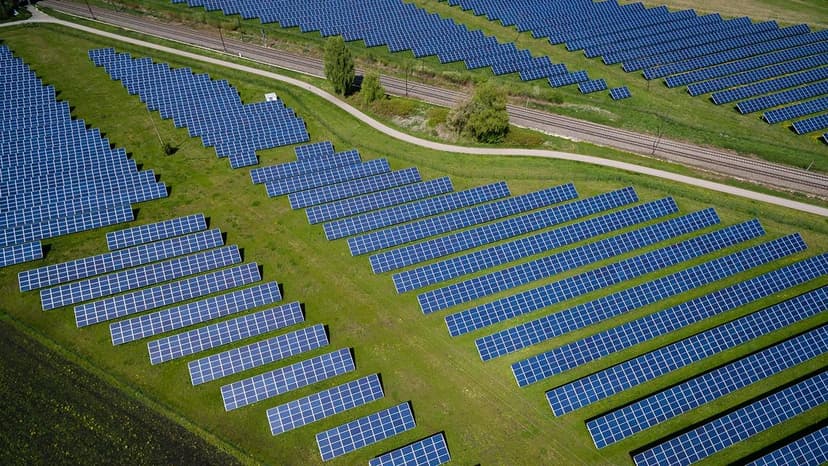Is Africa behind in AI research and AI startups?
Africa is a continent that has been making significant strides in various sectors, including technology. However, when it comes to artificial intelligence (AI) research and AI startups, there is a question of whether Africa is lagging behind. In this blog, we will explore the current state of AI in Africa and discuss the opportunities and challenges that the continent faces in this field.
Current Landscape of AI in Africa
One of the key factors contributing to the growth of AI in Africa is the increased availability of data. Governments and development programs have been leveraging mobile phone surveys and user data to collect insights into local populations. This data availability has made AI applications more feasible in various sectors across the continent, including agriculture, healthcare, and language translation.
Several reports have shed light on the progress of AI in Africa. "The State of AI in Africa: 2022 Report" highlights the launch of the report at the Council for Scientific and Industrial Research in South Africa. The report was co-hosted by the World Economic Forum Centre for the 4IR South Africa and City of Tshwane. This report showcases the commitment of African countries to embracing AI and exploring its potential.
Additionally, a report by the World Economic Forum emphasizes the rise of African tech startups. While the financing trends may not reflect the overall performance, there is a growing number of tech startups securing funding in Africa. This indicates that there is a significant interest and potential for AI startups in the region.
Opportunities for AI in Africa
Africa has unique opportunities to leverage AI for its economic growth. The continent's diverse sectors, such as agriculture and healthcare, can benefit from AI applications. AI can help address the economic challenges that Africa faces and contribute to its overall development.
The potential of AI in Africa is further highlighted in an article by The Guardian. It states that Africa and the Middle East are expected to see the fastest growth in AI spending worldwide, reaching \$3 billion this year and a predicted \$6.4 billion by 2026. This indicates that there is significant investment and interest in AI technologies in the region.
Challenges for AI in Africa
While there are opportunities, Africa also faces several challenges in the field of AI. One of the major hurdles is the lack of infrastructure and resources. Limited access to high-speed internet and computing power can hinder the development and implementation of AI technologies.
Furthermore, the lack of skilled AI professionals is another challenge. Building a talent pool with expertise in AI is crucial for its successful implementation. Africa needs to invest in AI education and training programs to bridge the skills gap. Collaboration with international institutions and organizations can also help in knowledge exchange and capacity building.
Africa is making progress in AI research and AI startups. The continent has recognized the potential of AI in various sectors and has started to leverage data availability and resources to drive growth. However, challenges such as infrastructure and skills gap need to be addressed to fully harness the benefits of AI. With the right investments and collaborations, Africa can bridge the gap and become a leading player in AI innovation.












